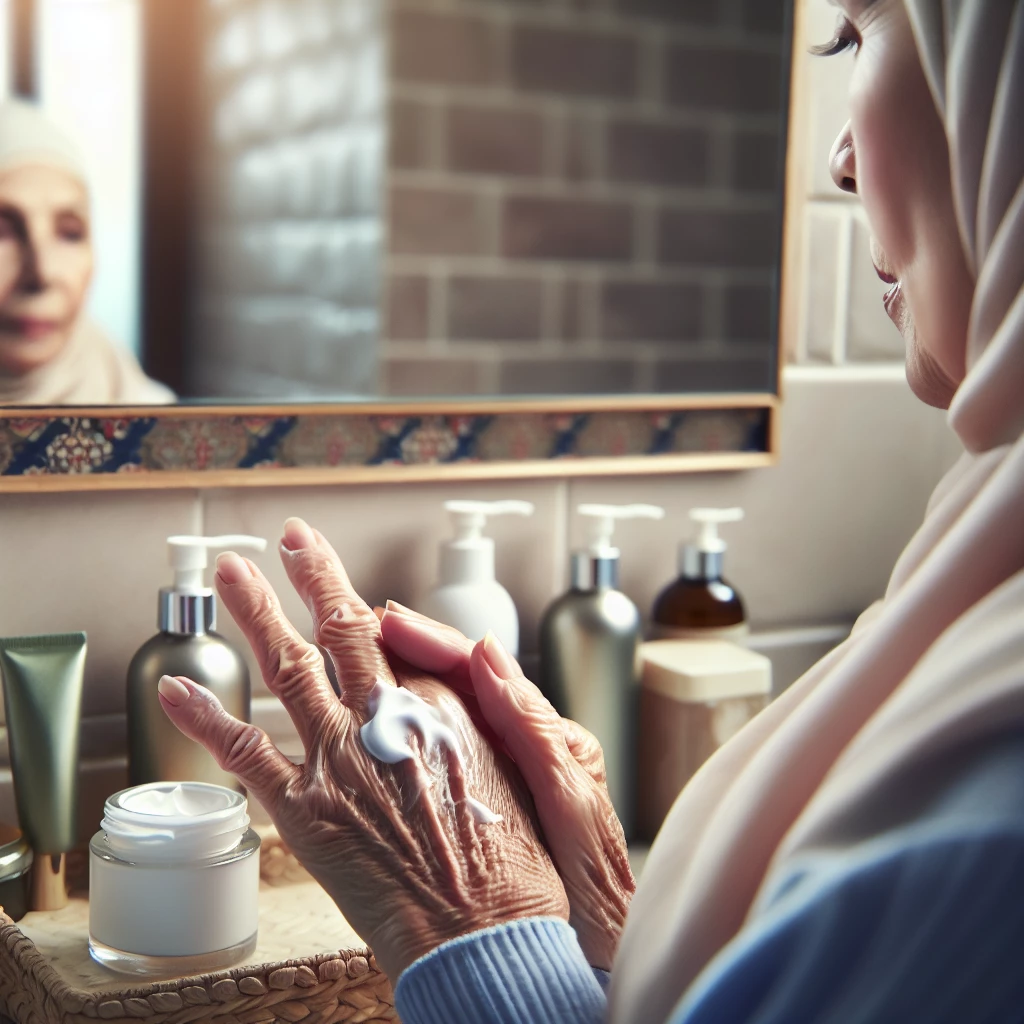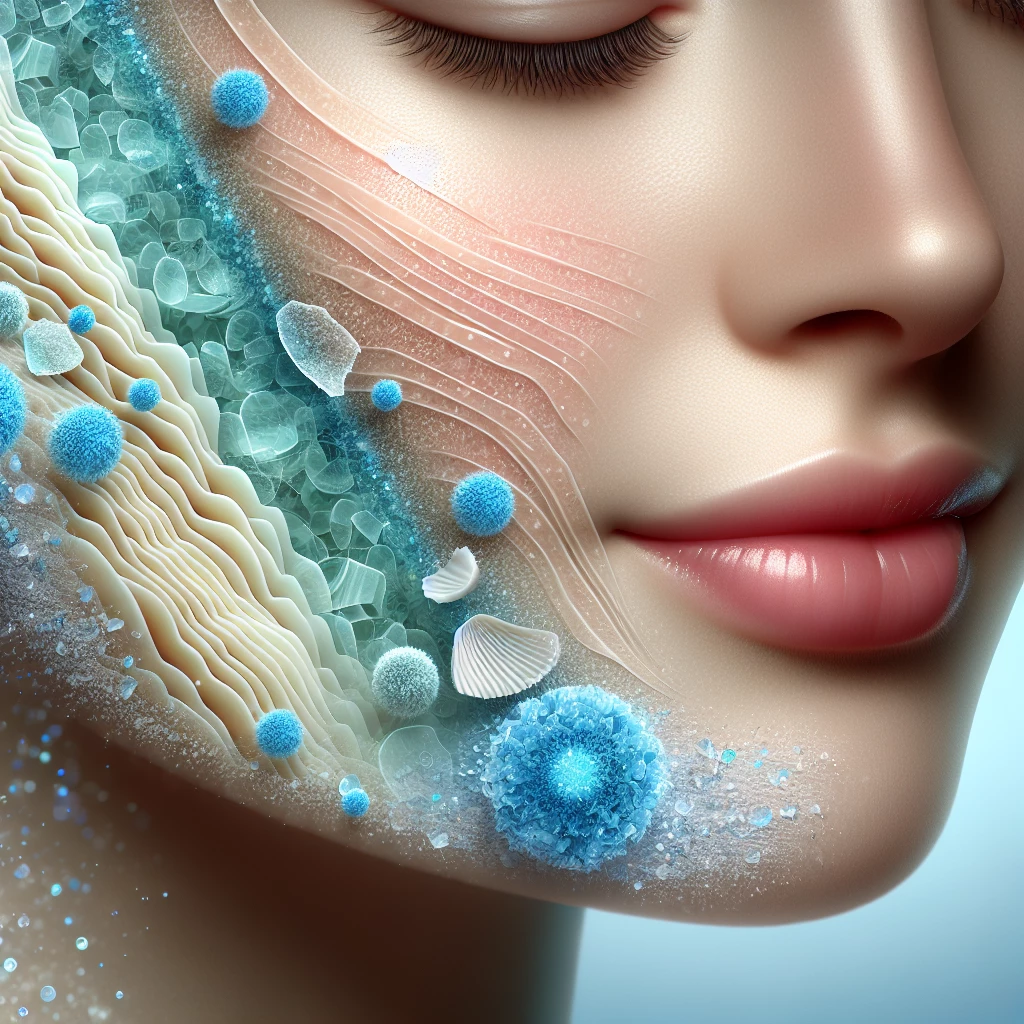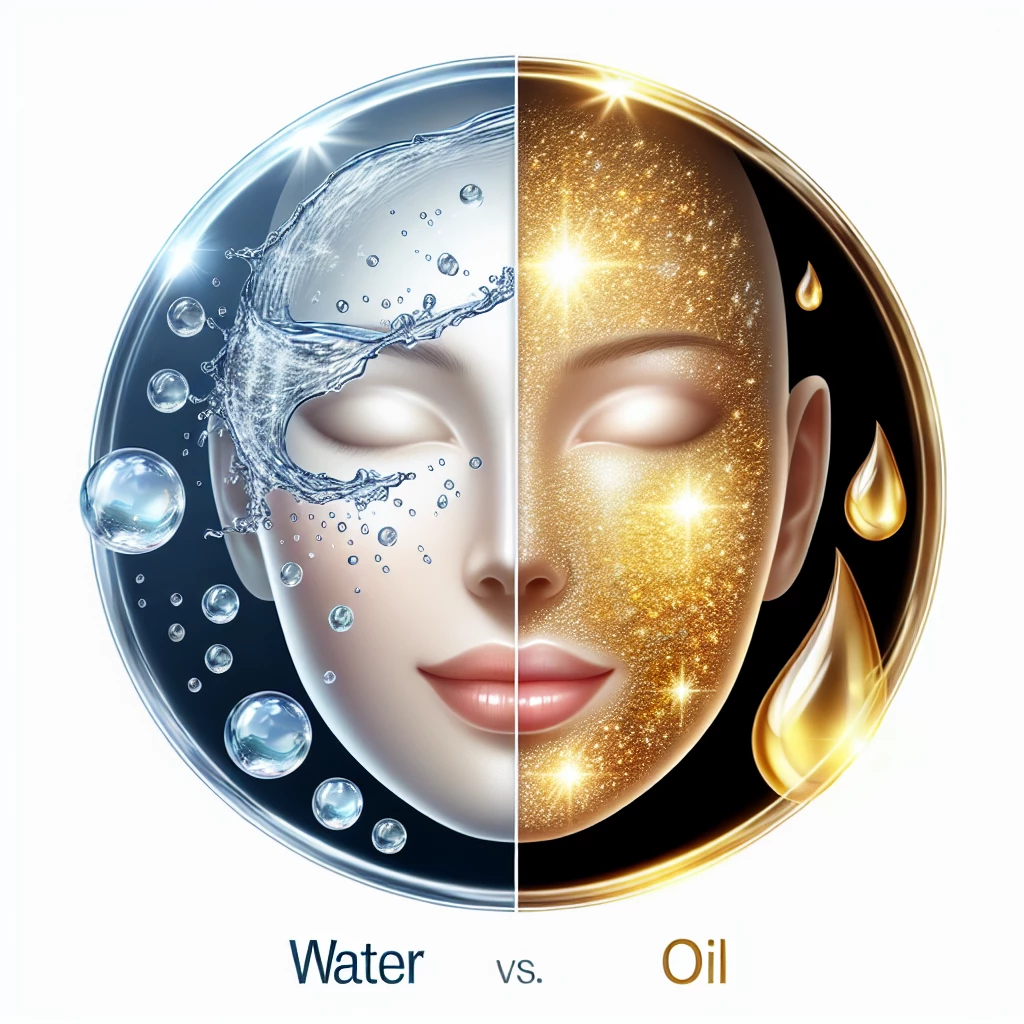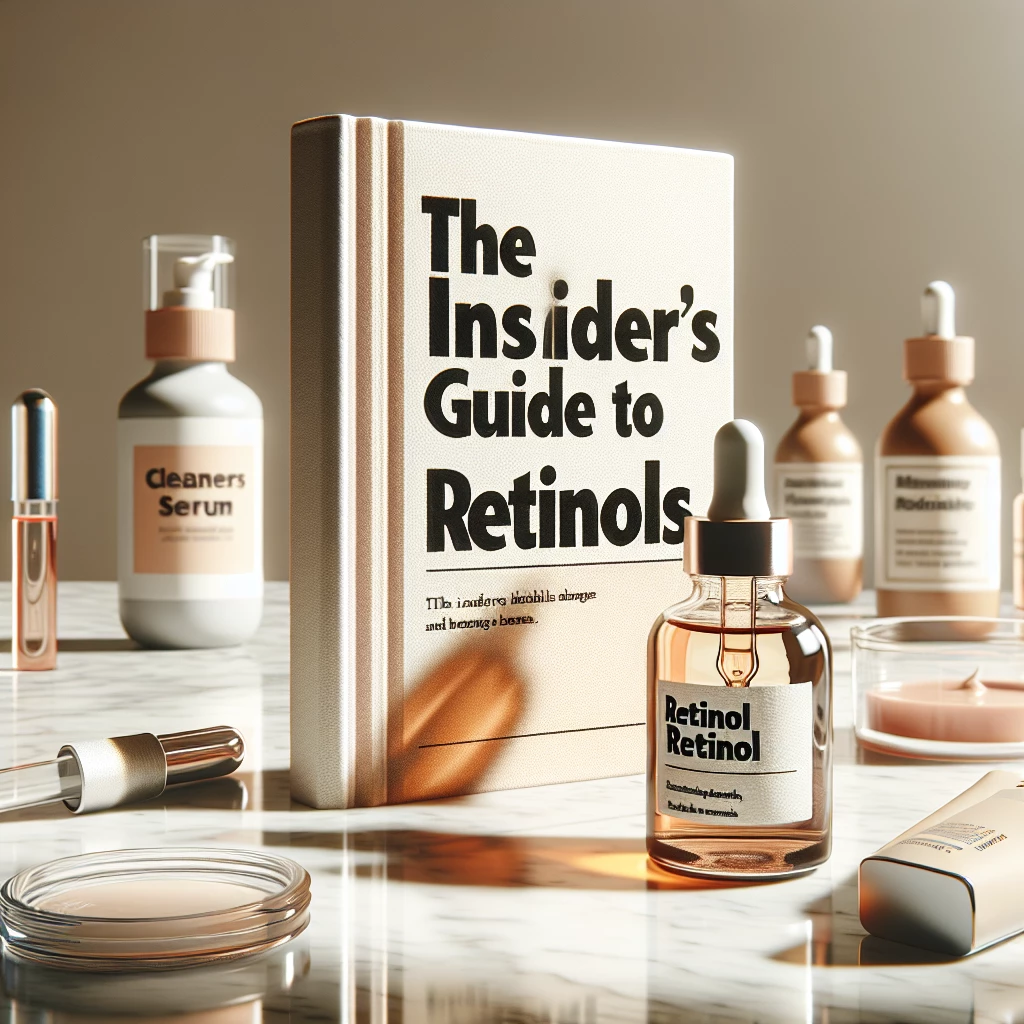Welcome to another informative session with Makeup Queens, where we meld science with beauty. This time, we're going to help you delve into the rewarding world of retinols, an essential ingredient known for its powerful anti-aging benefits. This guide will help you understand everything about retinols, from their chemistry and benefits to choosing the right product for you. We see a great opportunity in understanding these tiny molecules’ mechanism, as they act beneath your skin to help slow down the aging process. Without any further ado, let's venture into the magical world of retinols.
Understanding Retinols
Retinols, belonging to the family of chemical compounds known as retinoids, are Vitamin A derivatives. They have proven to be miracle workers when it comes to skin aging, thanks to their fantastic anti-aging properties. They work primarily by stimulating skin cell renewal, thereby promoting a healthier and younger look.
It's important to mention that retinols aren’t immediately effective. Their magic lies in regular, long-term use. This means you'll have to be patient as the benefits of using retinol products are a slowly blossoming flower - but definitely worth the wait.
In addition to anti-aging, retinols also benefit the skin in several other ways. They’re known to fade hyperpigmentation, treat acne, and even reduce the appearance of large pores. Indeed, retinols are one of skin care’s versatile heroes.
Choosing the Right Retinol for Your Skin
Understanding how to choose the right retinol for you requires an understanding of skin types and retinol strengths. Not all retinol products are created equal, and what works for one person might not work for another.
It's usually recommended to start with a lower strength and then slowly ramp up the concentration as your skin grows accustomed to it. Remember that a more potent retinol doesn't always mean a better result. The key lies in finding the right balance for your particular skin type.
Always pay attention to how your skin reacts to new products and give it ample time to adjust to the new routine. If signs of irritation like peeling or redness persist even after several weeks of use, you should consider switching to a less potent product.
Integration in Your Skincare Routine
Given that retinols can make the skin more sensitive to sunlight, it’s typically advised to apply them at night and then apply sunscreen during the day. This will help protect your skin from potential sun damage.
Although retinols are potent, it shouldn’t replace other aspects of a balanced skincare regimen. Always remember to cleanse and moisturize your skin, and use face masks and serums that can further bolster your skin’s health.
If you ever doubt how to apply retinol products or how they may interact with other skincare products, don’t hesitate to consult a dermatologist. It's always the best course of action to seek professional advice before trying any new skincare regime.
The Future of Retinols
With ongoing research related to retinols and skin care, the future of these powerful ingredients looks promising. Potentially, they can revolutionize the beauty industry forever.
There's ongoing research into increasing the product variety and accessibility of this skincare hero. From eye creams to serums, the integration of retinol in almost every product highlights the importance of this gem.
Retinol has a strong foothold in the beauty industry, having irreplaceably secured its place as an anti-aging powerhouse. Beauty enthusiasts and skincare experts alike all agree that retinols can add a magical touch to your skincare routine.
In conclusion, understanding retinols and their mechanism can guide you in choosing the right product and using it correctly in your skincare routine. From preventing aging to treating acne, retinols promise a plethora of skin benefits that can rejuvenate your skin in no time. However, patience is the key when it comes to these wonder molecules. Remember, your journey of skin revitalization with retinols won't be instantaneous, but it will definitely be worth it in the long run. The future of skincare indeed appears to be bright, all thanks to retinols.

Age Gracefully: Mature Skin Care
Delve into the changes that come with aging skin and the best practices to ensure its health and vitality.

Vitamins for Victory: Skin Nutrients
Discover the key vitamins that contribute to skin health and the best ways to incorporate them into your skincare routine.

Exfoliation 101: Clearing the Surface
Dive into the process of exfoliation, uncovering its benefits and learning how to properly exfoliate for brighter, smoother skin.

Skin Hydration: Water vs. Oil
Get insight into the importance of hydration in skincare routines and understand the difference between water-based and oil-based products.
